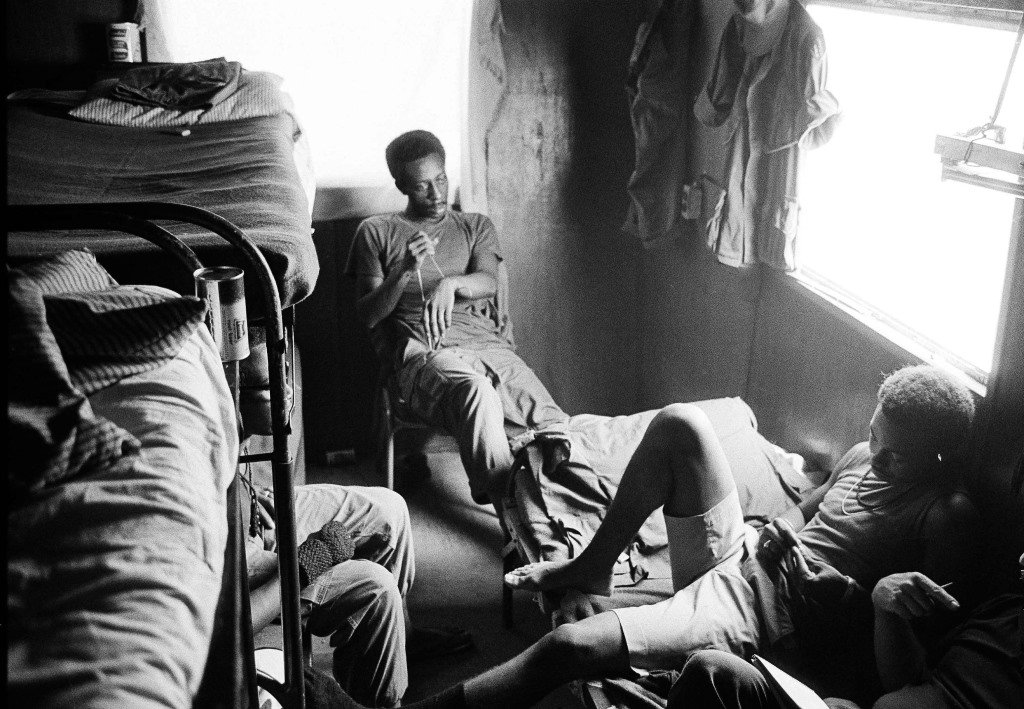A recent study from Southern Methodist University (SMU) highlights the importance of parks and green spaces in Dallas, linking access to nature with improved mental health outcomes, particularly in underserved communities. The research focuses on areas of the city that lack essential recreational infrastructure, identified as “infrastructure deserts.” These neighborhoods often experience elevated levels of depression, anxiety, and chronic stress, disproportionately affecting lower-income, predominantly Black and Latino populations.
Barbara Minsker, a professor and senior fellow at SMU, emphasized the emotional toll of living in these concrete-dominated environments. She noted that the absence of greenery contributes to mental fatigue, stating, “Imagine going outside and only seeing concrete, highways, and fences. That environment wears on you. Over time, it becomes emotionally exhausting.”
The study suggests that even small additions of green infrastructure, such as tree-lined sidewalks and pocket parks, can significantly lower psychological distress. Minsker pointed out that improvements in green spaces are especially beneficial for children and older adults. Initiatives like the Five Mile Creek Greenbelt project and Southern Gateway Park in Oak Cliff aim to not only create recreational opportunities but also to foster community connections and offer relief from urban stressors.
The findings indicate that modest green upgrades correlate with lower levels of mental health issues. However, Minsker stresses the importance of accessibility: “When people have to drive to a park, that’s not the same as being able to walk out your door and be in nature. This is especially crucial for people who rely on public transit or don’t have access to a car.”
Beyond individual mental health improvements, the study points to broader community benefits of green spaces. These areas promote social interactions, encourage physical activity, and can help mitigate urban heat, a pressing concern in Dallas as summers grow hotter. By integrating green spaces into urban planning, cities can enhance overall community resilience, especially in areas facing systemic challenges.
Minsker concluded that prioritizing equitable and accessible green spaces is essential for supporting the well-being of all residents. She stated, “Infrastructure is about more than buildings and roads; it’s about cities supporting the well-being of their residents. Prioritizing green space isn’t just good policy; it’s a form of care.”



